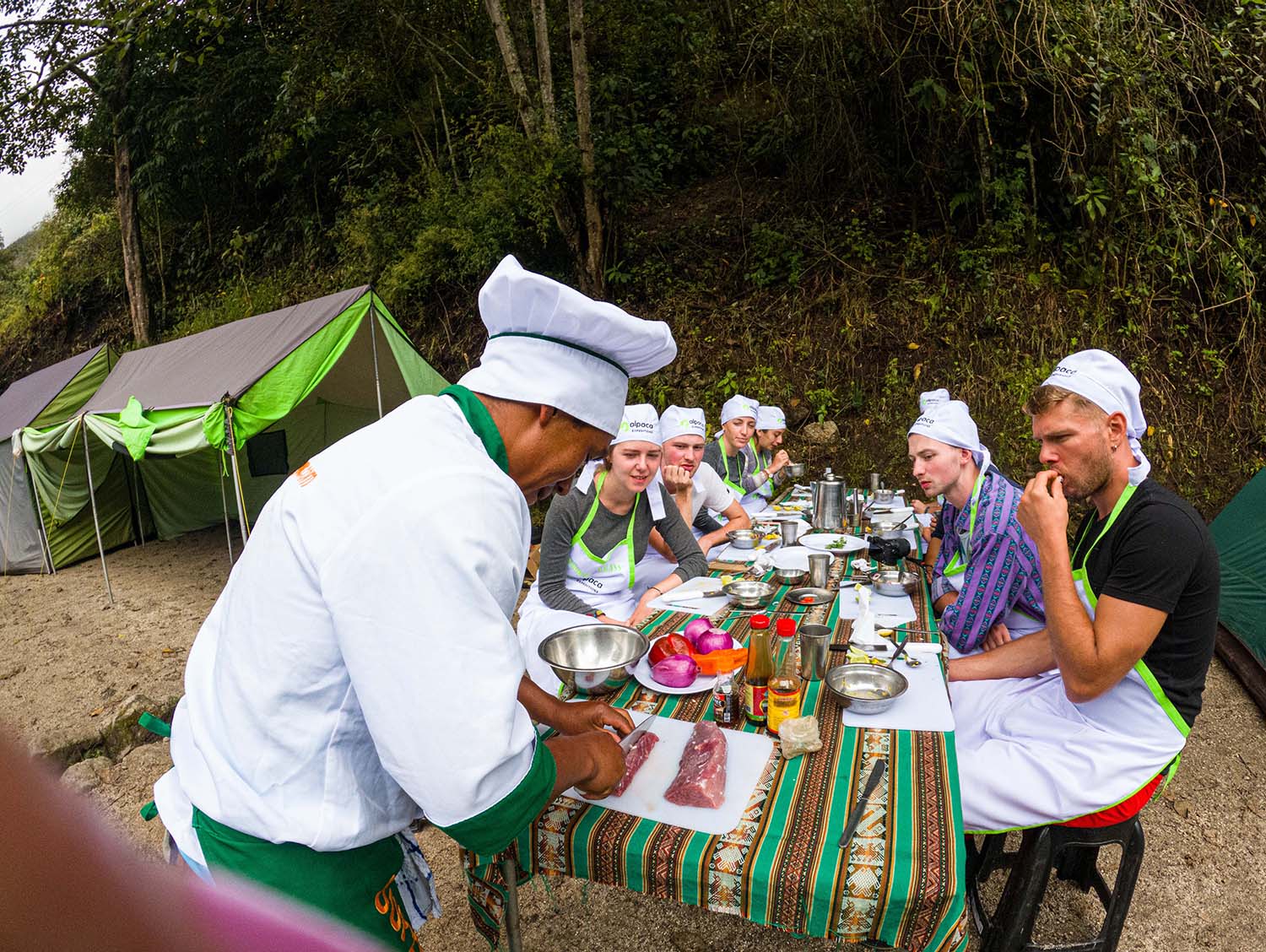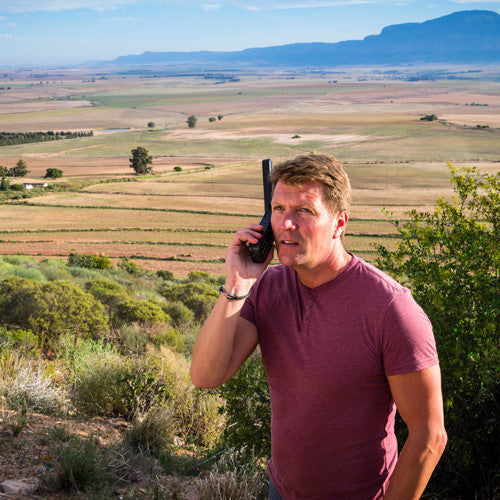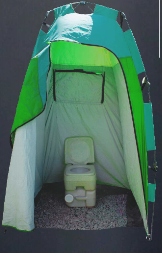Maras Moray Tour
Half Day Trip From Cusco
The Maras Moray half-day tour takes you through a very unique aspect of Sacred Valley and shows you a peek into the knowledge and expertise of the ancient Incas. This area in the upper section of the Sacred Valley was dedicated to agricultural experiments and the production of salt. With views of over 3,000 salt pools and a perfectly-lined terrace, the Maras Moray day tour showcases the impressive creativity of ancient Incan communities.
Tour Location: Maras Moray and Chinchero are part of this half-day Sacred Valley tour
Maras Moray Tour Half Day Trip From Cusco
Maras Moray Trip Details
Sacred Valley is full of confounding features built by the Incas, and this tour covers some of the most impressive and unique sites in the valley. Maras Moray gives you an insider look into how the Incas produced and organized their agricultural and economic efforts through farming and salt production.
The Maras Salt Mine has over 3,000 salt pools, effectively producing salt for the Incas. The Moray terraces are mesmerizing circular farming strategies for testing different crop growth conditions.
This trip is excellent for guests who want an educational overview of the value of Sacred Valley and a scenic drive through a land filled with impressive mountain ranges, lush plains, and stunning valley views.
You’ll gain an exciting insight into salt mining and ancient farming experiments and visit a local Andean village market, all while taking in gorgeous views of Sacred Valley.
Highlights
Itinerary
This is a fantastic half-day tour to explore part of the Sacred Valley. You will see amazing views of the Urubamba mountain ranges, the Veronica mountain, and the green valleys of farms. On this half-day trip, you will be able to learn about agriculture, textiles, and the history of the Incas.
The Maras Moray Tour Starts With a Scenic Drive Through Mountains, Wheat Fields, and Villages
We will pick you up from your hotel around 8 a.m. and head to the farming laboratory in Moray. This beautiful drive is about one hour and 20 minutes. On your drive, you will see the snow-capped peaks of the Andes, lush yellow fields of wheat, and some villages.
Visit the Impressive Terrace Designs in Moray
Finally, you will arrive at the fascinating display of terraces in Moray. Moray boasts three amphitheater-like terraces, made by the Incas. These terraces, which are carved deep into the earth, in the shape of a bowl, were thought to be used to determine the optimal conditions for growing crops.
Head To Maras for Stunning Salt Mine Views
When you are done exploring Moray, you will head about two miles away, to the salt mines of Maras. This village is known as a former salt-producing center and is thought to date back all the way to pre-Incan times. There are over 3,000 salt pools carved into the mountainside, that are filled daily by a stream of water. This spectacular area is perfect for you if you wish to see something different than the ruins.
Explore a Village Market at “The Birthplace of the Rainbow”
Chinchero is a small Andean, Indian village located at 3,762 meters high, on the windswept plains of Anta, about 30 km from Cusco. There are beautiful views overlooking the Sacred Valley of the Incas, with the Cordillera Vilcabamba and the snow-capped peak of Salkantay dominating the western horizon. Chinchero is believed to be the mythical birthplace of the rainbow. Its major claim to tourism is its colorful Sunday market, which is much less tourist-orientated than the market at Pisac. Finally, you will get to visit the famous catholic roman church, which was built over the Inca palace.
Note: This market is held every Tuesday, Thursday, and Sunday but if your trip isn’t on one of these days, they have a smaller textile center open daily. There, you can watch a demonstration on how to make beautiful, natural sweaters from Alpaca wool.
Once you are done with the visit, you will head back to the city in time to enjoy some lunch on your own.
Inclusions
Included
- Professional Guide: All of our guides studied English and tourism at Cusco National University. They all grew up in this region and have a true passion to teach others about their heritage. They are fun yet professional, and will ensure you are safe and happy.
- Transportation: You will be picked up from your hotel and transferred from site to site by a private Alpaca Expeditions vehicle.
Not Included
- Entrance Fees: You must have the tourist ticket to enter Moray. The tourist ticket is currently 70 soles for a one day ticket or 130 soles for a 10 day ticket. This one ticket will give you access to many other locations in the Sacred Valley, as well as some museums and places of interest in Cusco. Maras is a separate ticket of 20 soles.
- Meals: There are no meals served during this tour. You should be back in Cusco in time to enjoy lunch on your own.
Price
Our day tours are done privately and the cost is based on your group size.
$125 per person
NOTE: We sometimes offer to combine private tours (with your permission) into smaller groups with a discount. Let us know if you would be open to others joining you.
Travel Info
-
Altitude
As soon as people book their trip to Peru, specifically Cusco, they start wondering about altitude sickness. The air at high altitudes contains less oxygen than at sea level and forces your body to work harder to get the oxygen it needs. Over several days at high altitude, your body adjusts to the lower amount of oxygen in the air. This is why we always recommend spending at least two days in Cusco before beginning any trek. If you have more time, even better. Cusco is an amazing city with a lot to do, so you won’t be bored.
With altitude sickness, you may first feel like you have the flu or a hangover. You may have a headache, tiredness, loss of appetite, nausea or vomiting, dizziness, trouble sleeping, trouble breathing during exercise. If any of these effects become severe, please contact our office and we will help you get to a doctor.
Most of the time, these symptoms will be mild. We always recommend easing into activity slowly, allowing your body to adjust. Drink plenty of fluids such as water or coca tea. Coca tea has been used since ancient times to help prevent altitude sickness. Leaves from the coca plant contain alkaloids which helps bring oxygen into your blood, helping your body avoid the effects of altitude sickness. Avoid drinking a lot of alcohol and coffee. They will cause you to urinate more often and become dehydrated. Avoid smoking. Smoking makes it more difficult for your body to get oxygen. Avoid sleeping pills. They may cause shallow breathing at night, making it more difficult for your body to absorb oxygen while you sleep.
Remember the trek to Machu Picchu is not a race. Even those in the best shape will suffer from altitude sickness when they race to the top of the mountain too quickly. Go slowly, it will give your body time to adjust to the mountain.
Your healthcare provider may prescribe medicines, such as acetazolamide and dexamethasone, to help prevent altitude sickness. Start the medicine two days before you get to a high altitude. Continue to take it while you are at high altitude.
You must remember that this is your holiday and you do not want to stress out about the possibility of getting sick from the mountains. Do everything slowly. Drink lots of water. And enjoy the coca tea. If anything does happen and you unfortunately get sick, let your guide know right away – all Alpaca Expeditions guides are trained in how to help you get through it.
-
Weather
Of course weather is unpredictable. Typically the dry season in Cusco is from April through October, but this does not stop rain from falling in June or the sun from coming out in December – just be prepared. No matter what month you are doing the trek, please make sure that you have rain gear that includes a waterproof jacket, pants, poncho and waterproof gloves. Many people forget about gloves, but being cold and wet makes hiking very unpleasant.
Also prepare for four seasons. Many of the treks through the Andes involve many micro-climates and you will need to be prepared for all seasons. Layers are always key as they are easy to adjust to the different temperatures. And evenings will always be cold, so please be prepared with a warm, winter-weight jacket.
-
First Aid
Every Alpaca Expeditions guide has received training in first aid from a physician. We conduct mandatory training every February – every single Alpaca guide attends. When guiding you, they will have with them a first aid kit for basic medical problems (traveler’s diarrhea, cuts, scrapes, etc.) and oxygen. They know how to make you feel better.
In case something unexpected happens and you feel you can no longer complete the trek, they will figure out the safest and quickest way off the course and to a clinic. You will never be left alone; you will have a member of the team escort you every step of the way until safely with a doctor. When you are feeling up to it, we will make sure that you still have the chance to visit Machu Picchu and re-connect with your group, traveling by train comfortably.
-
Travel Insurance
Because there are so many logistics to plan and pay for before your trek occurs, payment for your trek is due even if you are unable to complete the hike. Please read our Booking Conditions carefully so you know what is due. Obtaining travel insurance before you leave home is strongly encouraged. This way, if something happens, and this is rare, you will not be out of pocket a tremendous amount of money. Alpaca will provide a letter and your invoice to submit to your insurance in this case to help expedite your processing.
-
Environmental Impact
Alpaca Expeditions uses biodegradable soap and transports all our garbage back to Cusco. Our porters are trained to look after the trail and pick up any waste from other groups, as well. We also use environmentally-friendly chemical portable toilets that allow us to pack waste out. We believe in leaving no footprint behind.
-
Community
Alpaca Expeditions is really proud of the work we do for our community. This is a main focus for our company. We have worked with villages directly to help supply them with needs their families were missing. We have supported local schools by giving them computers and books. We currently sponsor a teacher at the village most of our porters come from to ensure their children are offered the best education.
We buy all our food from local farmers and markets and serve the freshest ingredients. We provide English classes for all our team: guides, porters, chefs and drivers. And we are building a house for our porters to give them a safe and comfortable place to stay before and after our treks so they no longer need to sleep on the floor of a friend.
And twice every year we bring our porters and their families to Machu Picchu. This is our favorite trip to do as the guys who work tirelessly have never visited the Lost Citadel of the Incas. Showing them this place is our biggest honor.
We are always looking to do more for our partners. Please let us know of your ideas and we will work to help.
Maras Moray – Half Day
Please fill in our BOOKING FORM carefully with your correct personal details.
The Alpaca Difference
Alpaca Expeditions is a 100% peruvian, indigenous owned company. Started by Raul Ccolque, a former porter and tour guide, Alpaca Expeditions separates ourselves by our dedication to both our customer and our team. We work very hard to make sure that all our clients needs are taken care of throughout the tour with us. At the same time, we never forget about our brothers and sisters working tirelessly for us to make all of this possible. Responsible and sustainable tourism that gives as much to our community as to our clients.
Meet the AE Trekking Team!
Everyone on the Alpaca Team is from Cusco region, living the traditions and history they share with you while on one of our tours. Our guides are all graduates of university studying tourism, history and english. Our chefs are trained every February by a professional cooking team learning new meals, adding varieties of entrees for all types of eating. And all our porters are from HUARQUI, HUACAHUASI, PATACANCHA, QUISWARANI, CANCHACANCHA, QUEYUPAY, UMACHURCO and CCACCACCOLLO villages, very often working this job on top of maining their farms back at home. Most of our team has been with us for years, as we have the most loyal, hard working, happy employees in Cusco. We know how lucky we are to have the best team trekking and you will immediately fall in love with all the men and women who call Alpaca Expeditions their home.
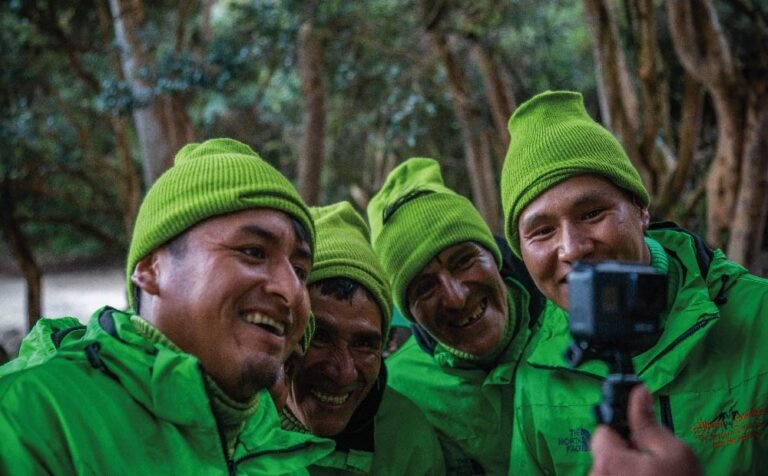
AE súper porters
Our Porters represent the Peruvian people, both men, and women who are at the heart of our...
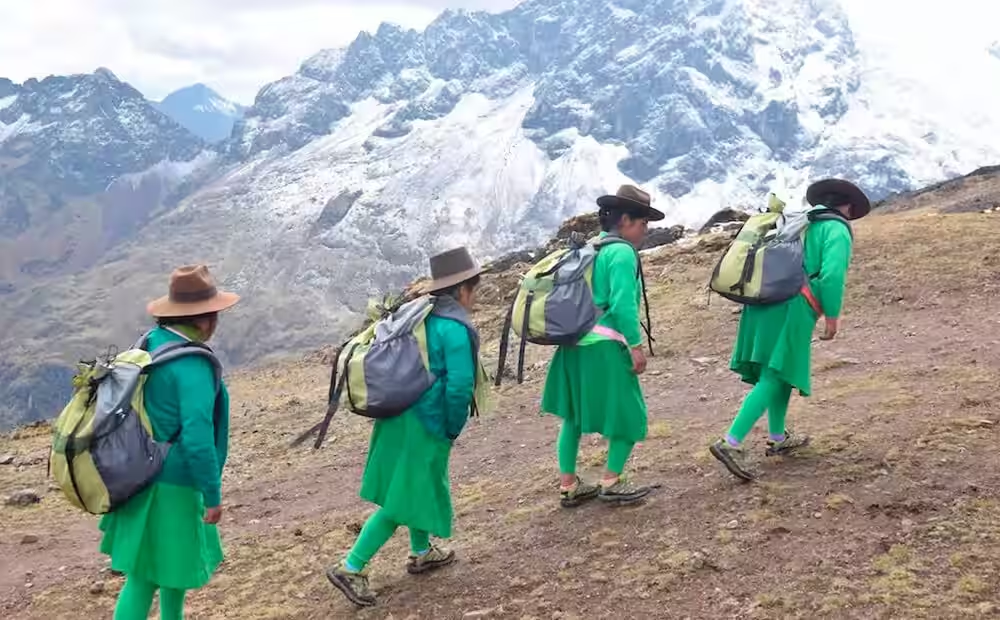
Equality Matters
Alpaca Expeditions aims to promote gender equality and empower women, hiring first Peru Wo...
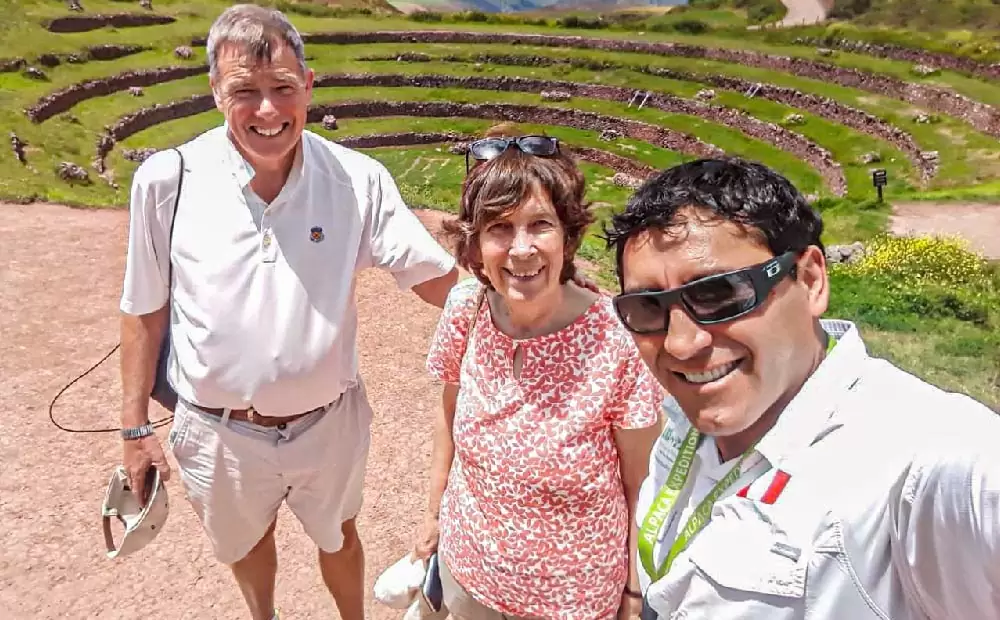
Our Guides
Travelling and trekking along the mountains is one of the best activities in the World. Co...
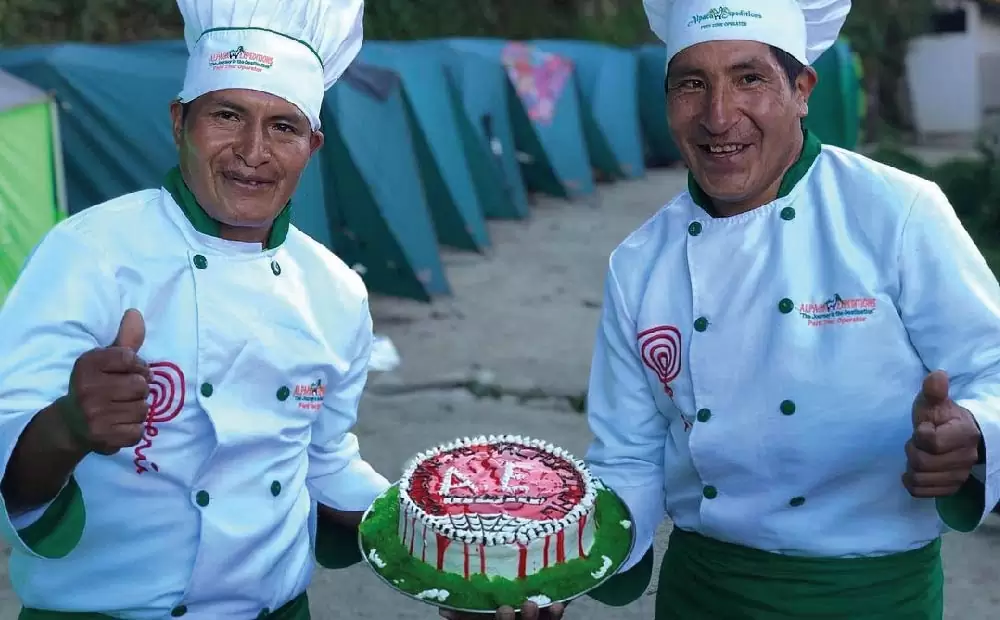
Our Chefs
Trekking along the mountain on your way to conquer Machu Picchu is a once in a lifetime ex...
What do we do for our porters?
Alpaca Expeditions would not be where we are today without these hardworking men and women. We could not imagine a harder job and our team does it smiling. We do our best to thank them for their hard work and loyalty by doing as much as we can to make their lives and their families lives better. All our porters receive all their equipment for free from warm winter hats to proper hiking boots. They sleep in proper tents and are given warm sleeping bags for night. They enjoy the same food we serve our clients and all leftovers are donated to their families. We visit their villages with doctors and dentists, donate school supplies and sports equipment. And our favorite time of the year is when we bring a group of porters and their families to Machu Picchu to visit the ruins for the first time.

AE súper porters
Our Porters represent the Peruvian people, both men, and women who are at the heart of our company. It is not possible to ...

Equality Matters
Alpaca Expeditions aims to promote gender equality and empower women, hiring first Peru Women as Porters opening the door ...
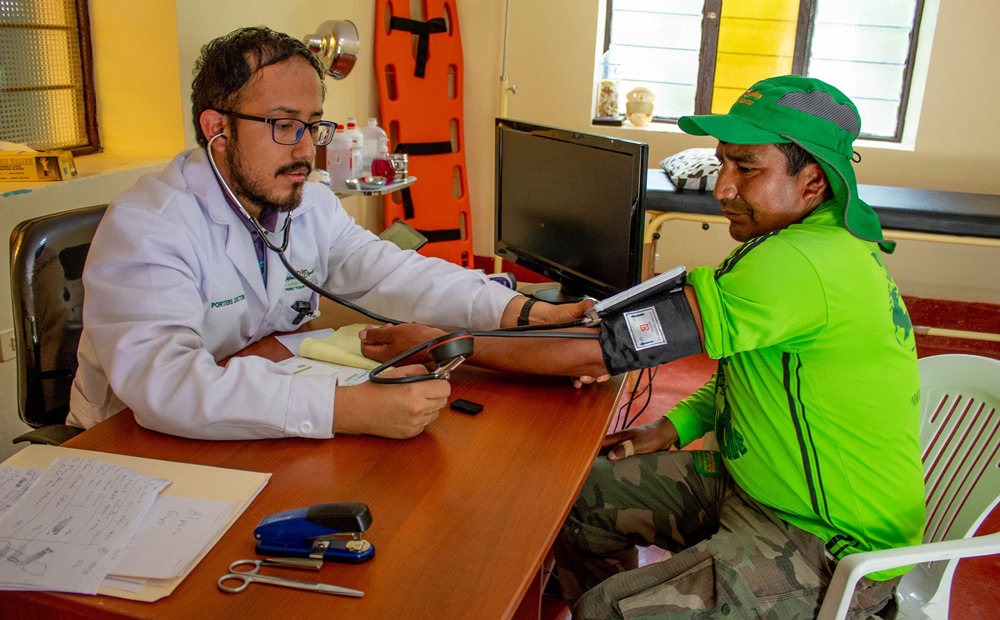
Free Medical Assistance to Porters
In 2019, we hired our first Alpaca Expeditions Medical Doctor to help tend to our guides, drivers, chefs…
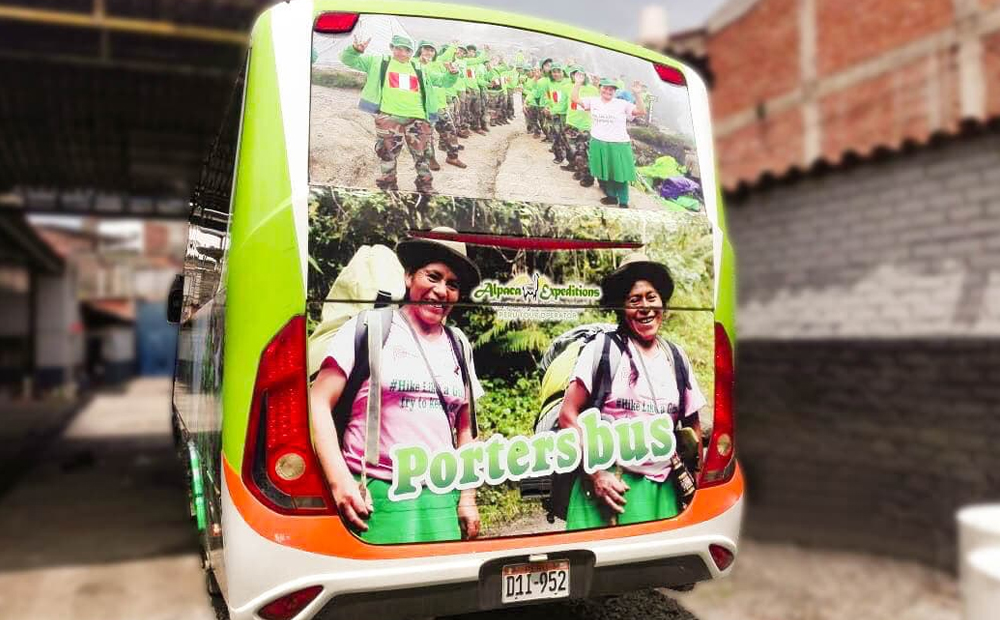
Our Porter’s bus
We treat our porters with the same dignity and respect as we do our clients. Just as our clients enjoy our…
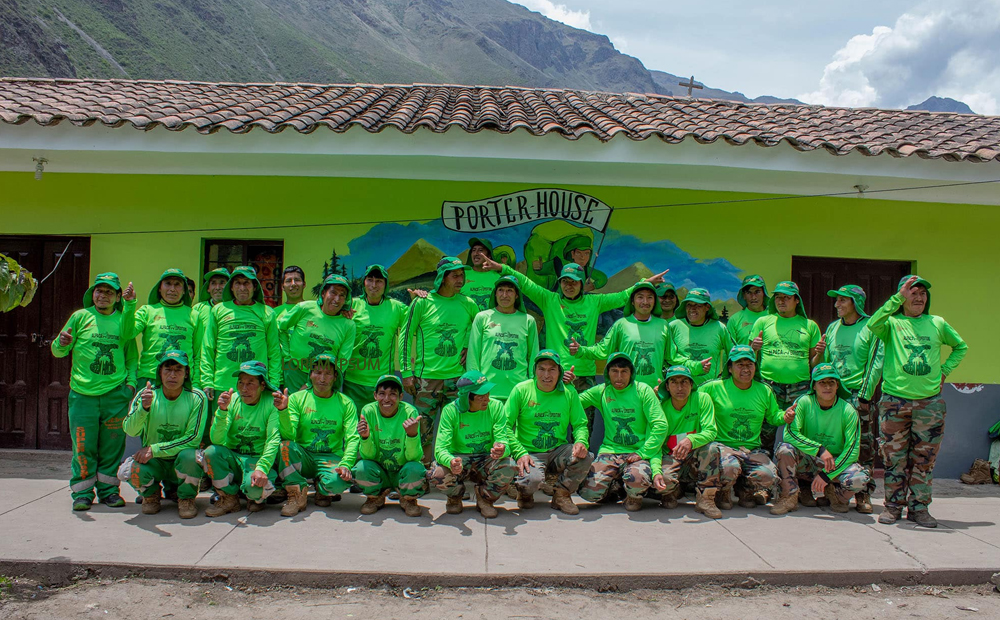
Our Porter’s House
As we mentioned above, our Porters like many Peruvian people come from distant villages to work our treks…
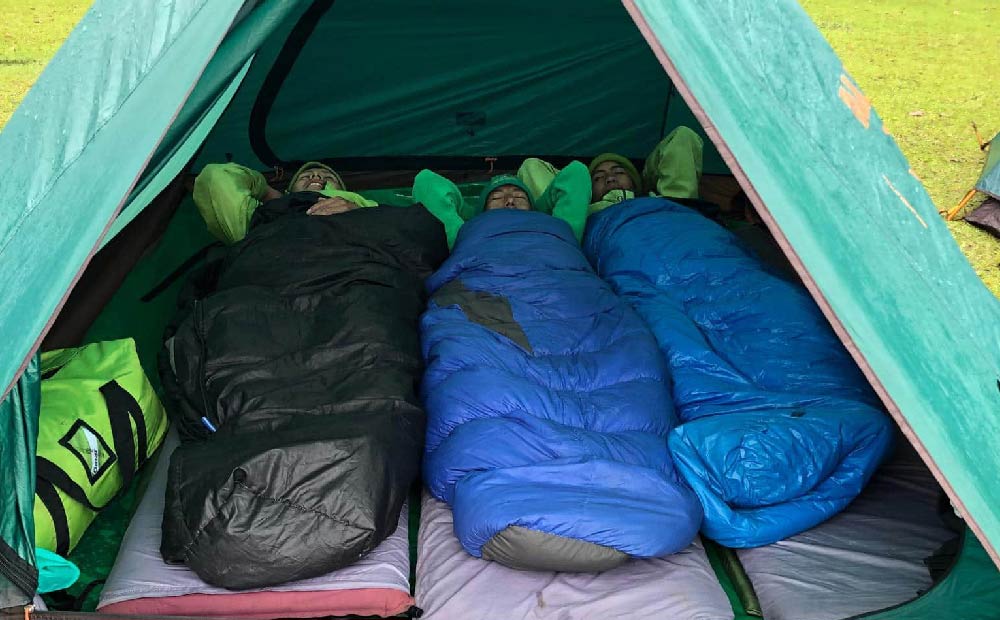
Tents and Sleeping bags
Again, this is something unique that Alpaca Expeditions provides, and sad others are not doing. We supply…
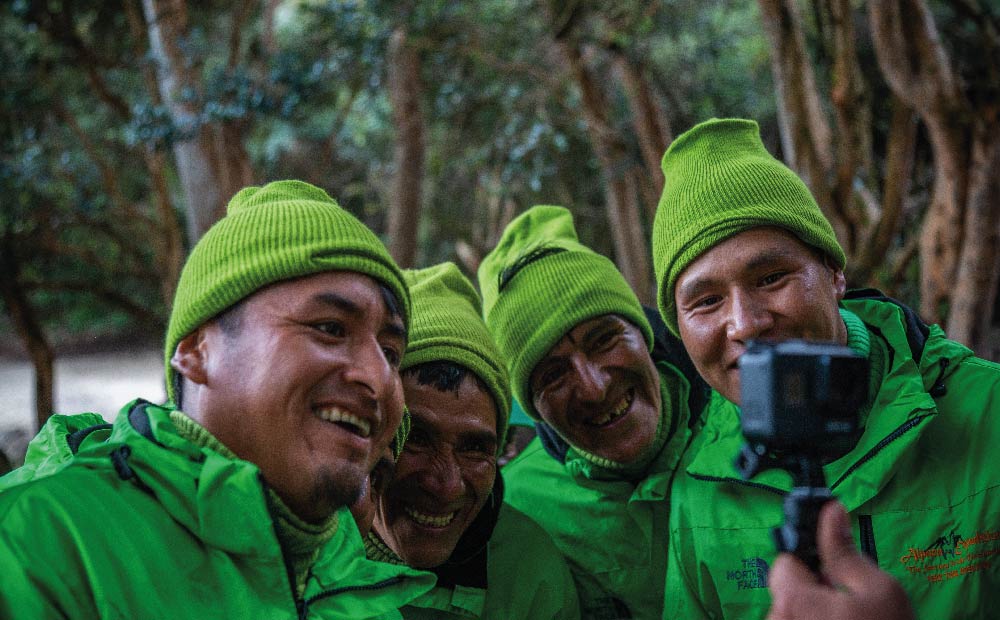
Proper Equipment for our Porters
Every porter of ours receives proper equipment. That includes moisture-wicking long/short sleeve shirts…
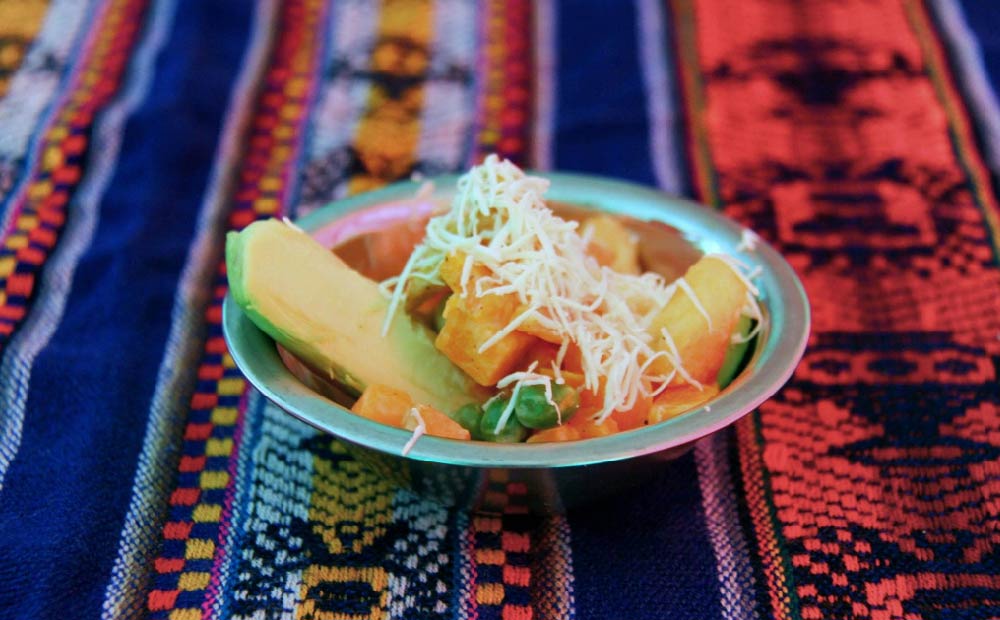
Nutritious Meals for our Porters
A general comment from trekkers on an Alpaca Expeditions tour is that we serve too much food. Well…
Videos of our Porters
Extra information
Alpaca Expeditions is always ready to make your trip safe and as easy as possible for you. Because these trips are a bit more complicated than your typical tour, we have put together some notes on logistics, storage, and even recommendations on where to stay in Cusco. And of course our team is ready to answer any other question, as we promise to be your partner from the moment you first contact us to our last goodbye in Cusco.
Alpaca Expeditions Recognitions
ISO (International Organization for Standardization)
In the pursuit to stand out from the rest, Alpaca Expeditions has obtained four ISOs plus our carbon footprint certificate to date. These achievements result from our efforts to implement the internationally-recognized integrated management system. They also represent our commitment to all of our clients and staff of operating sustainability and responsibility in every way possible.
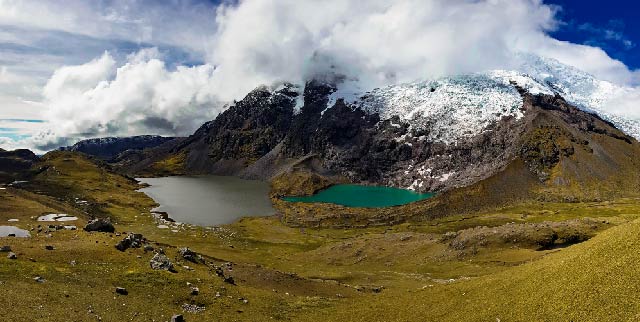
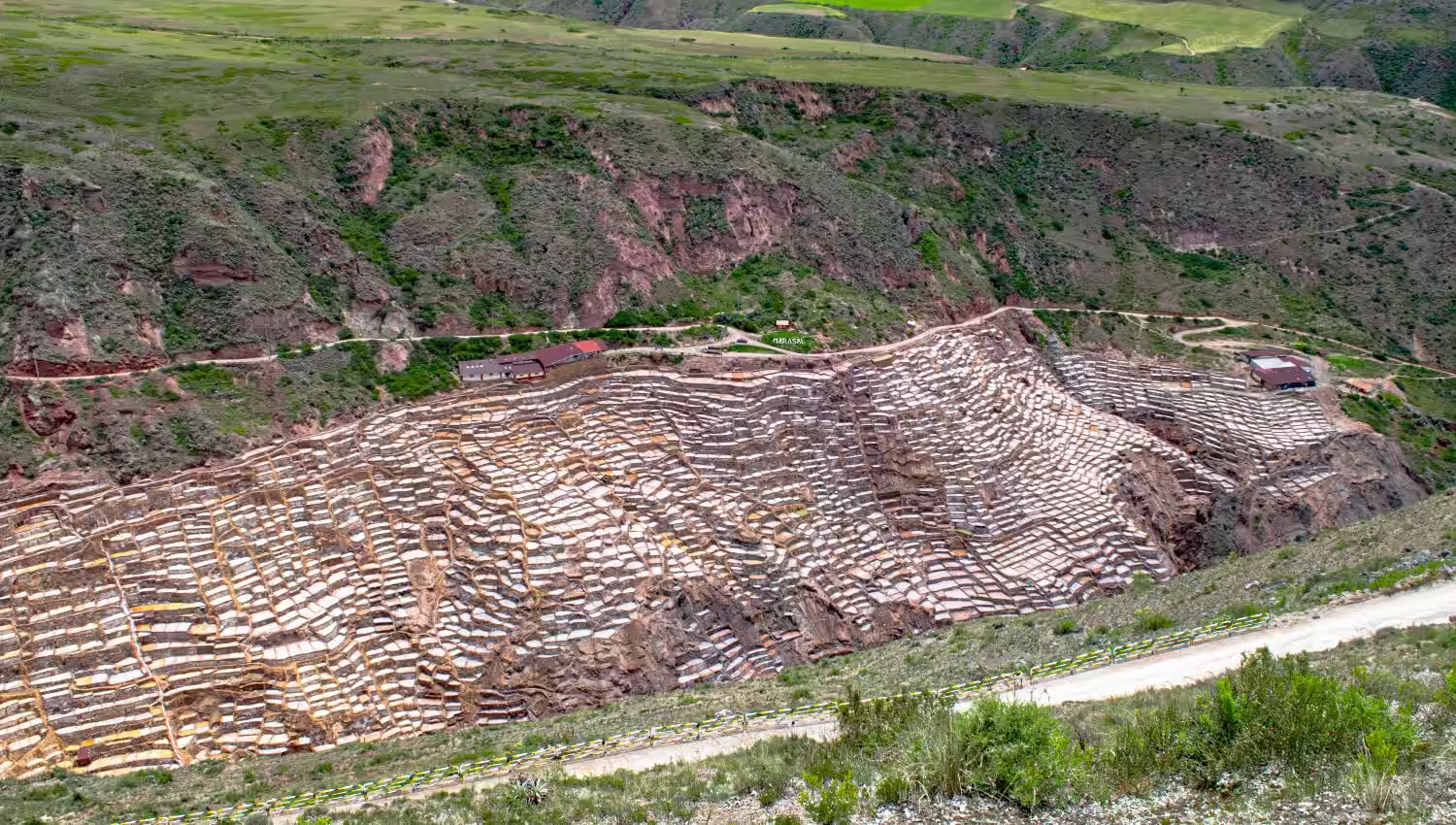

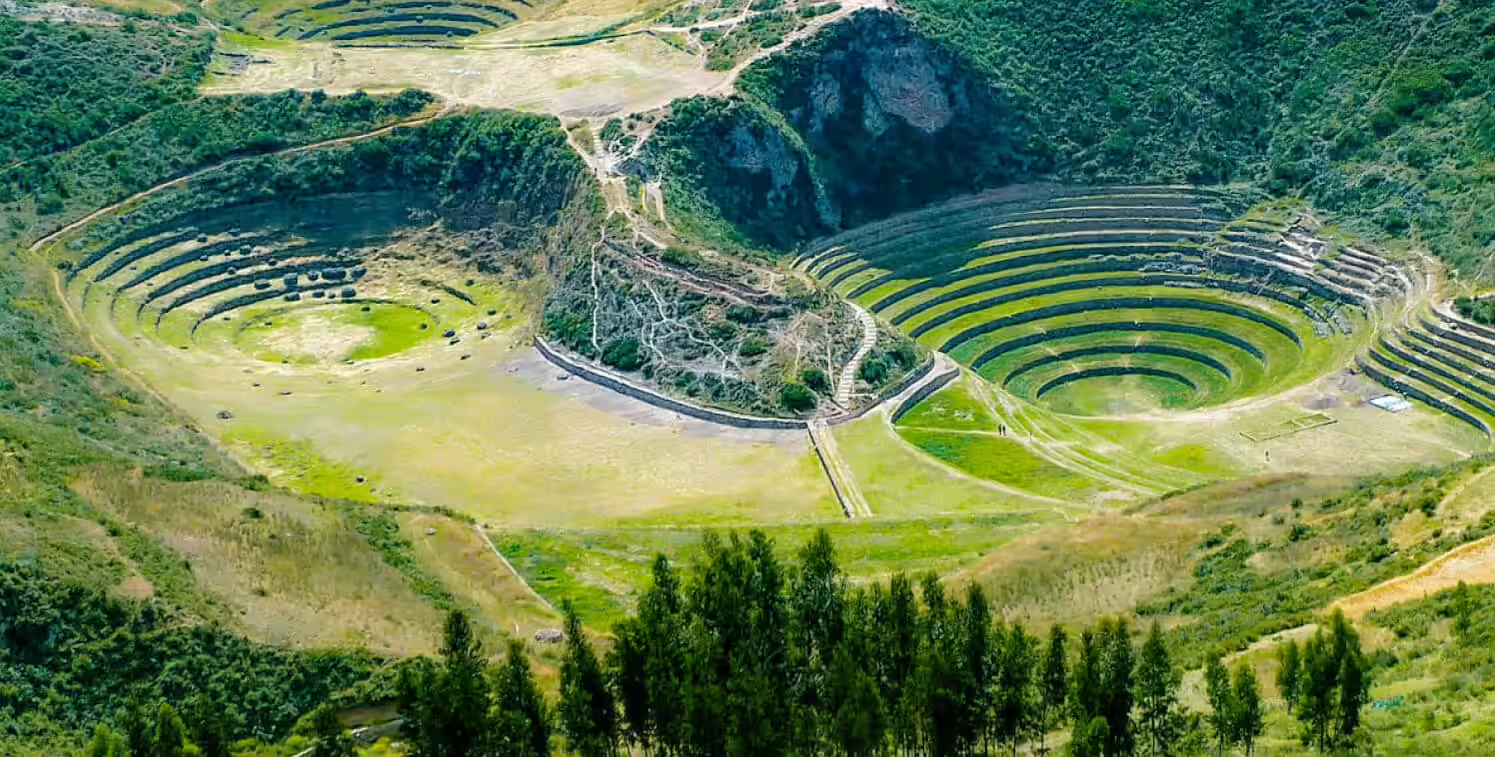
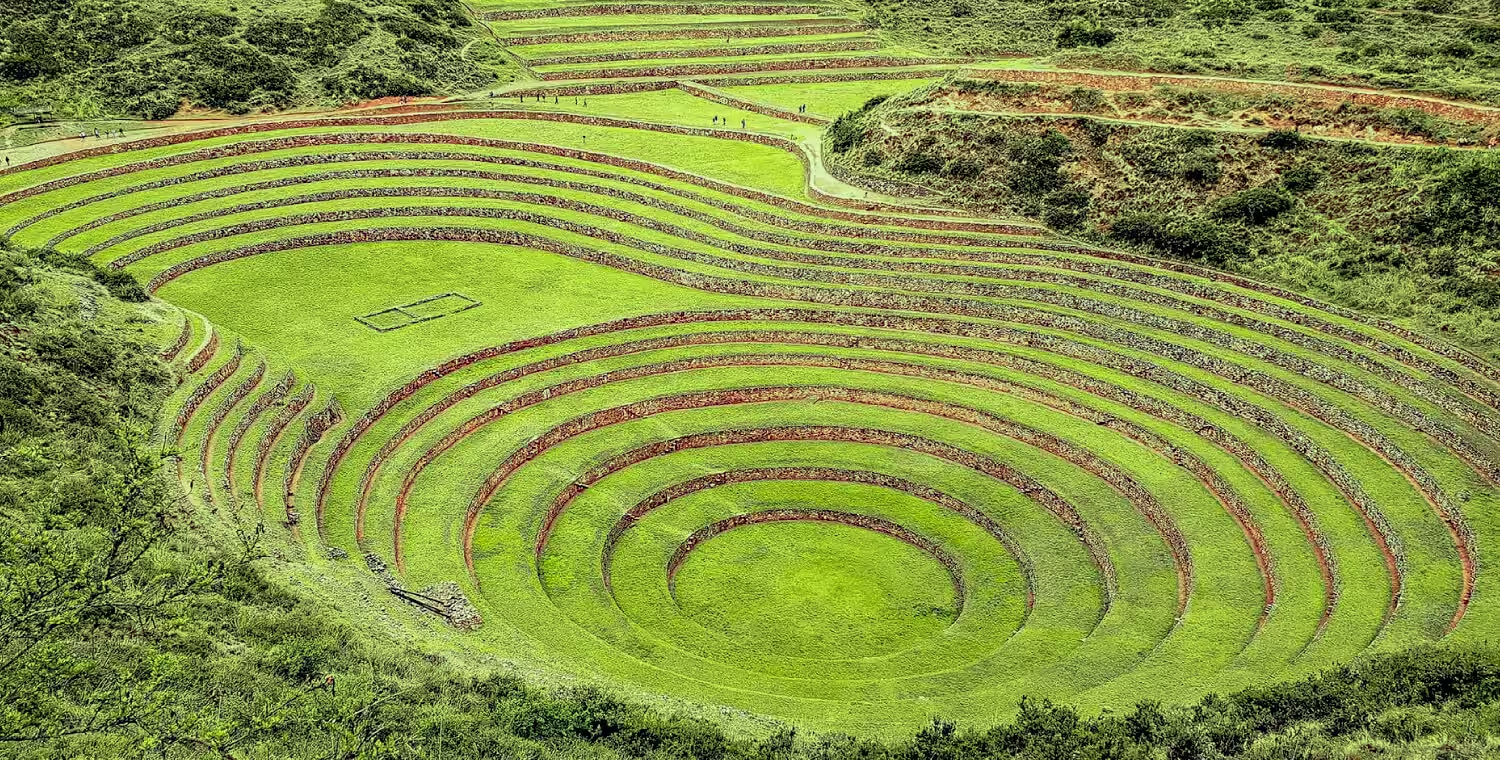
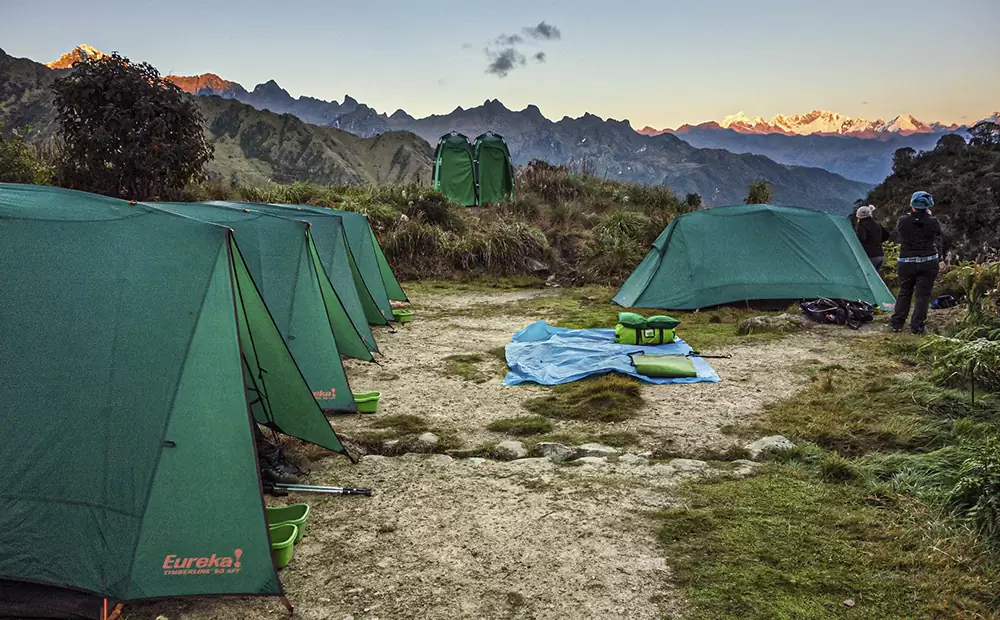
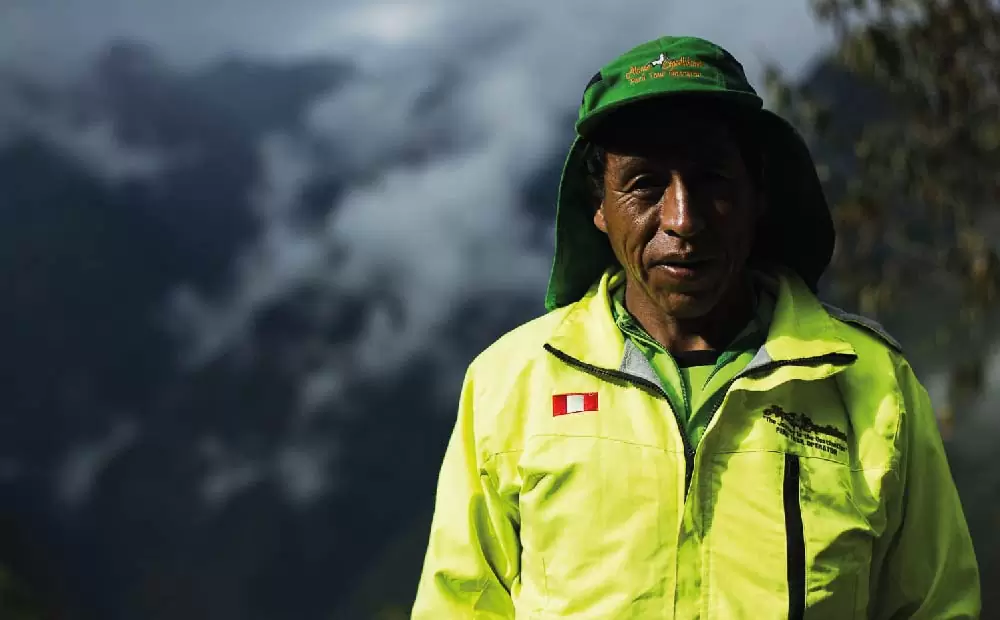
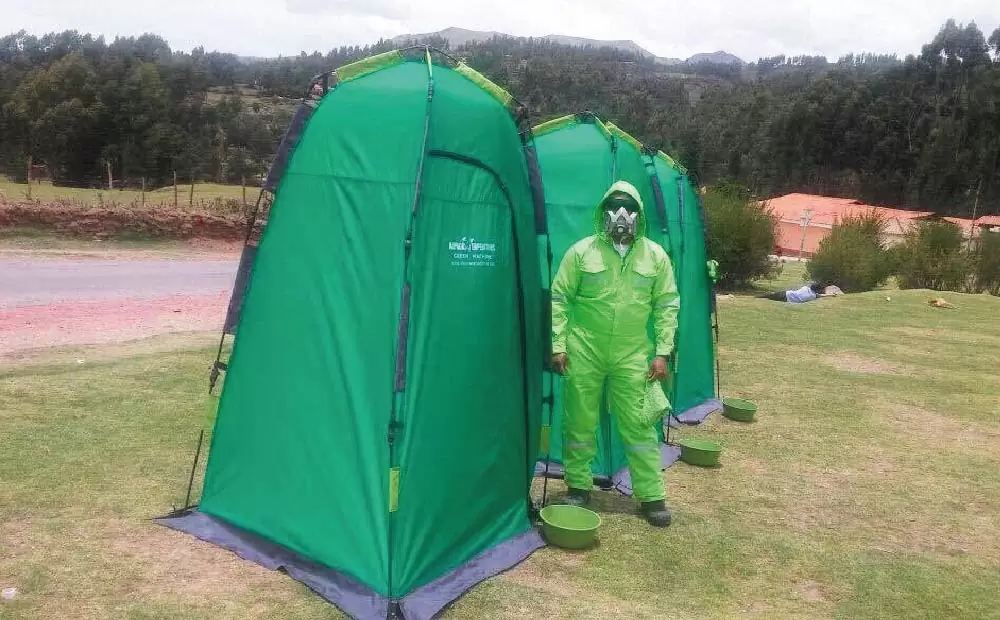
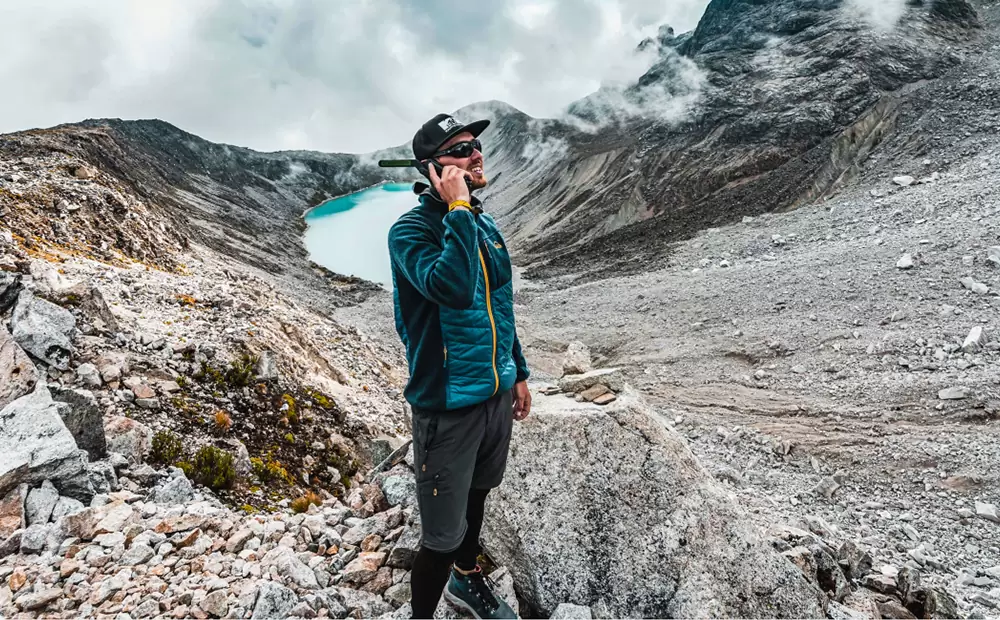
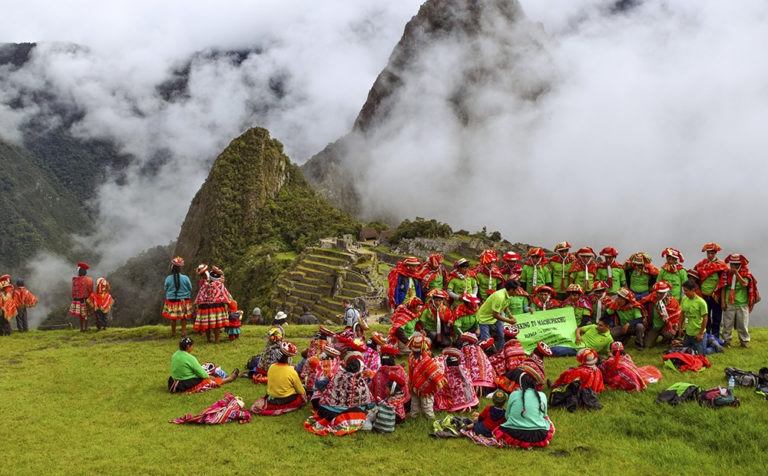
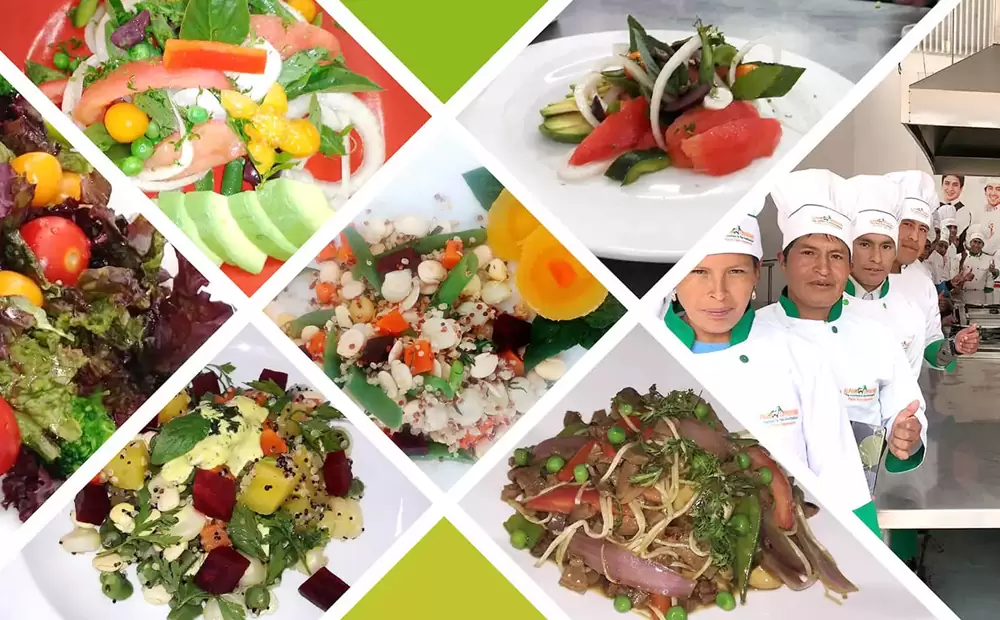
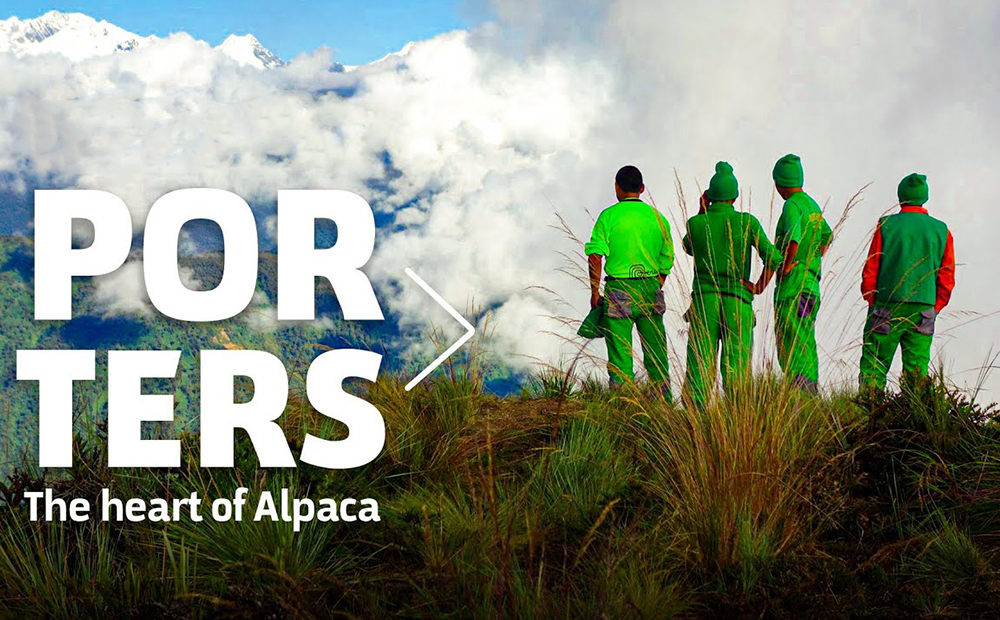
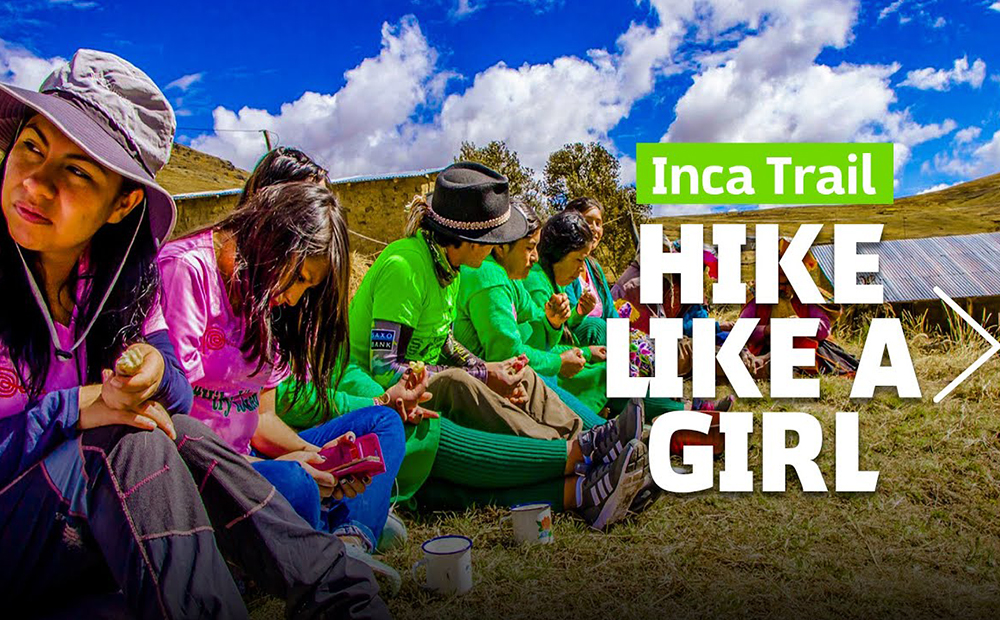
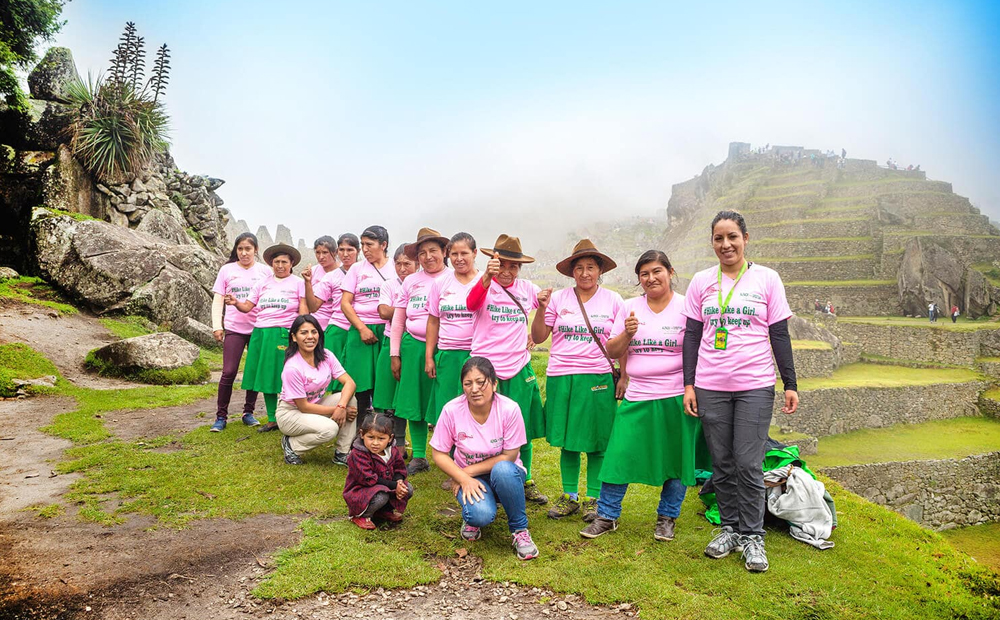
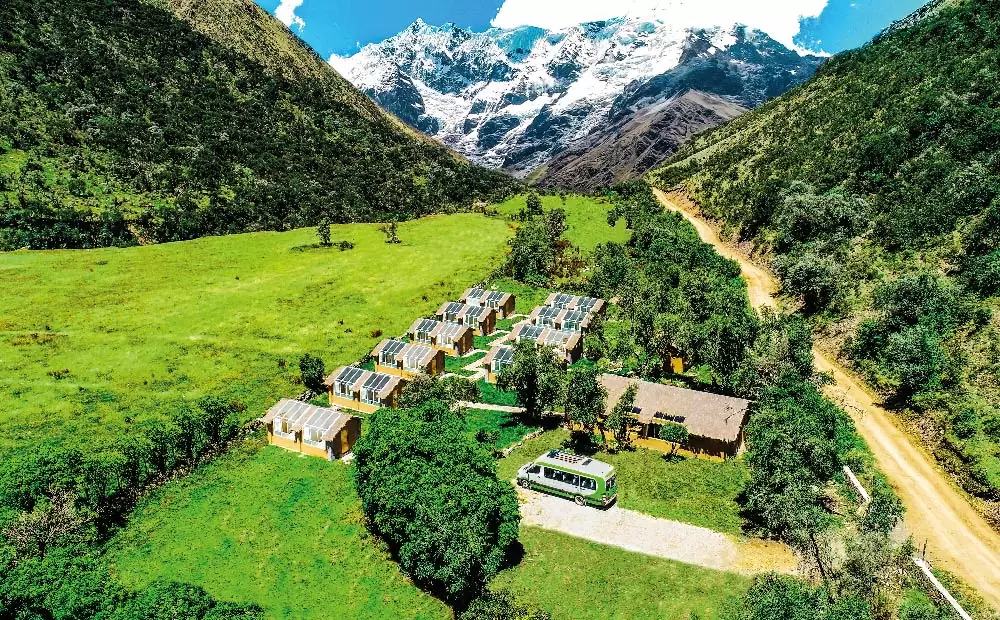
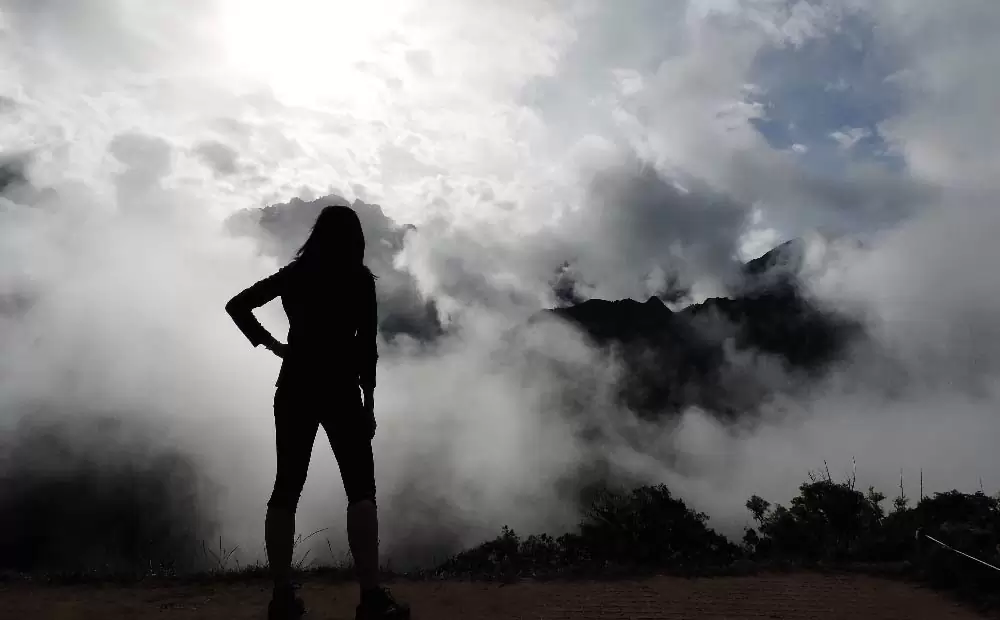
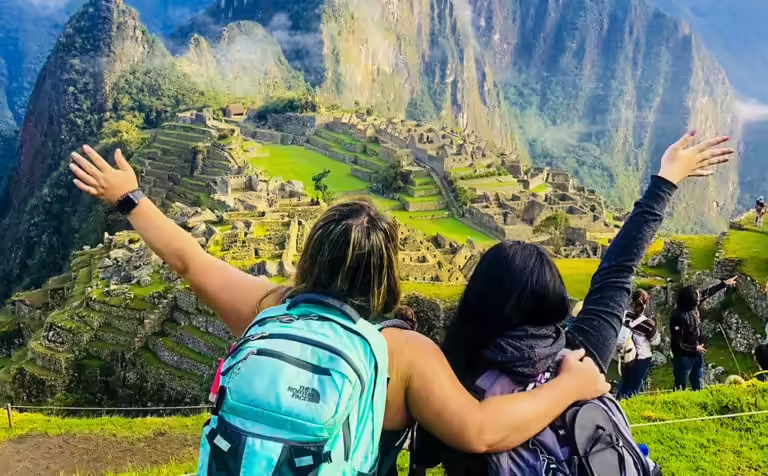
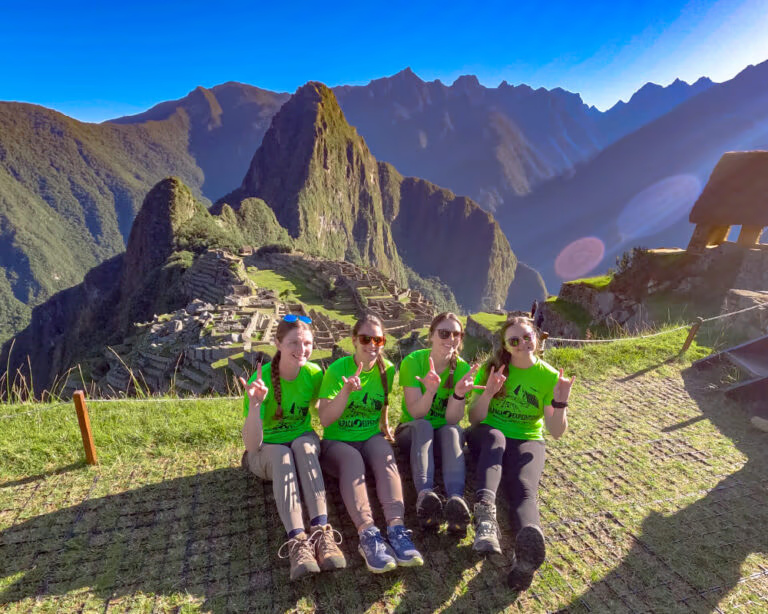
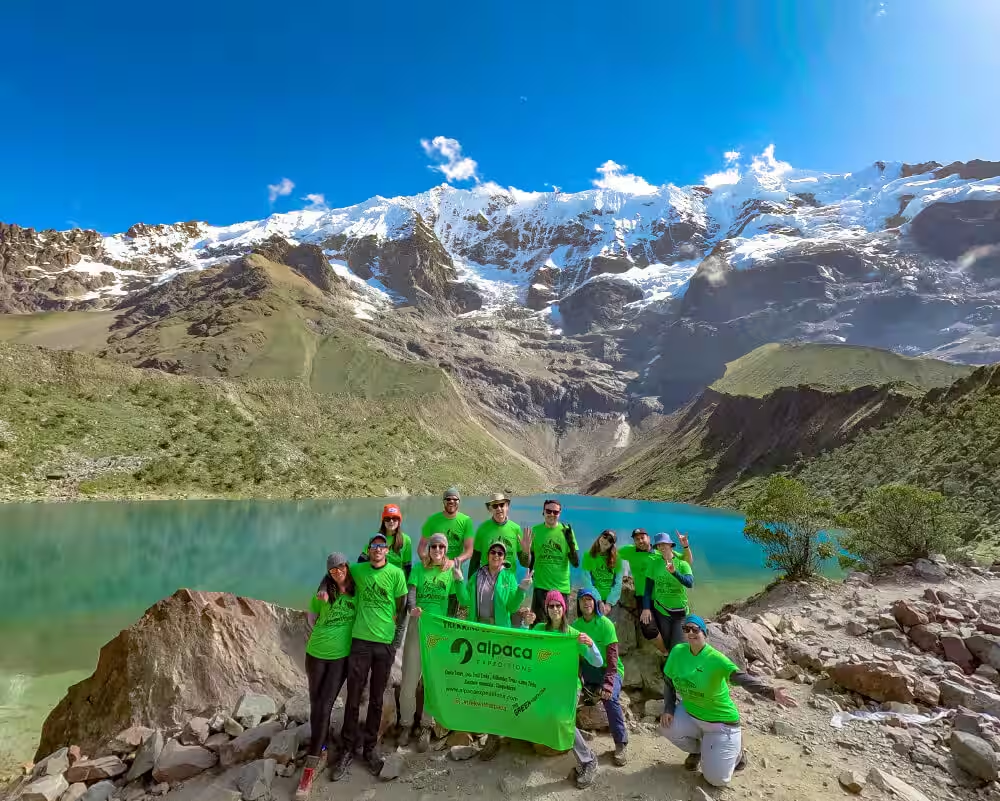
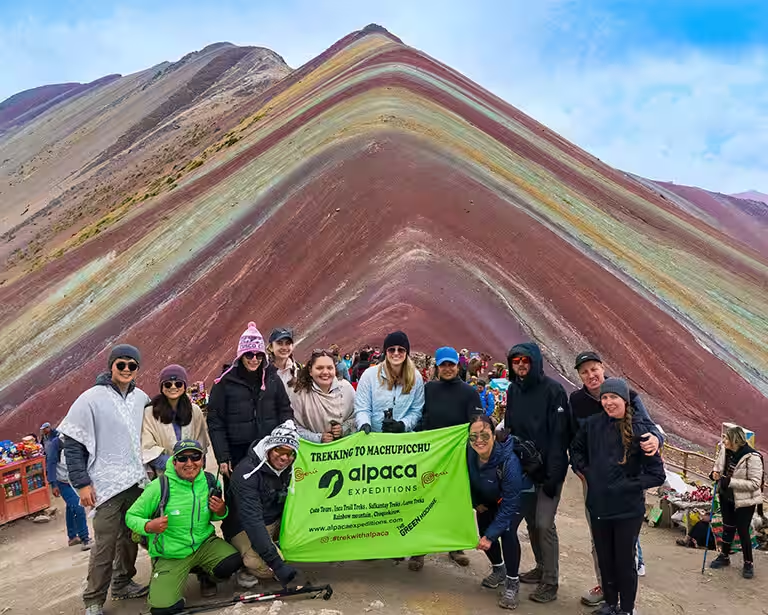
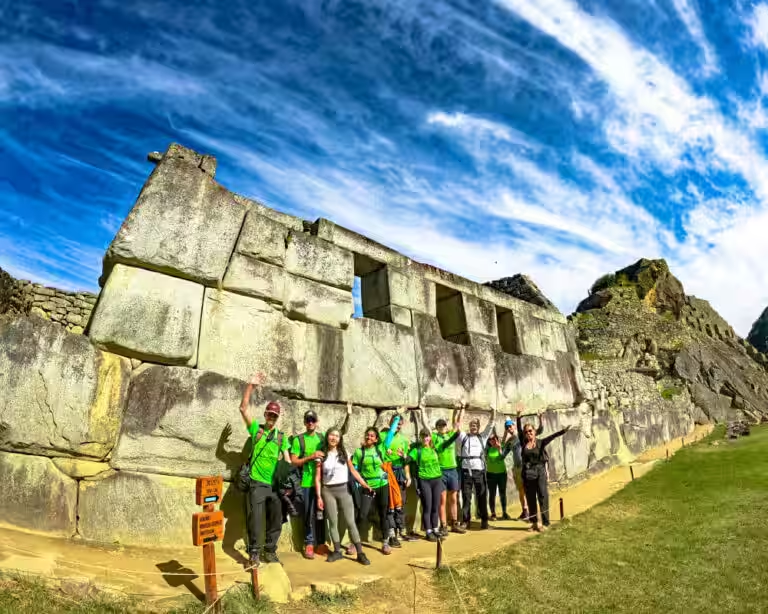
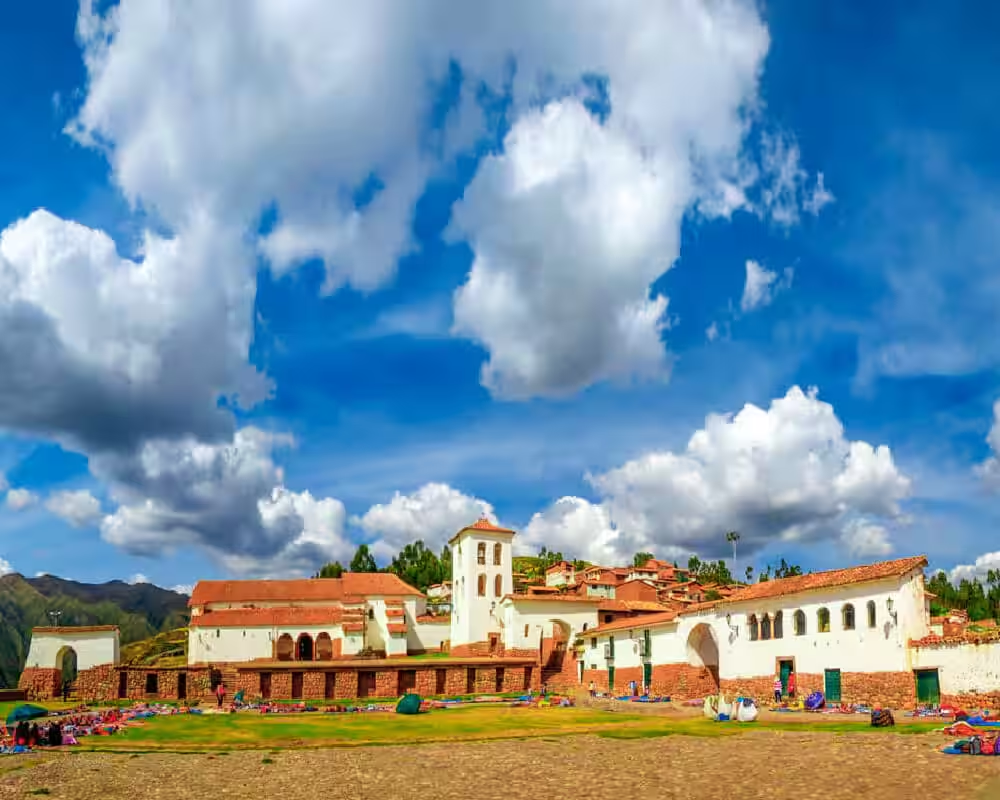
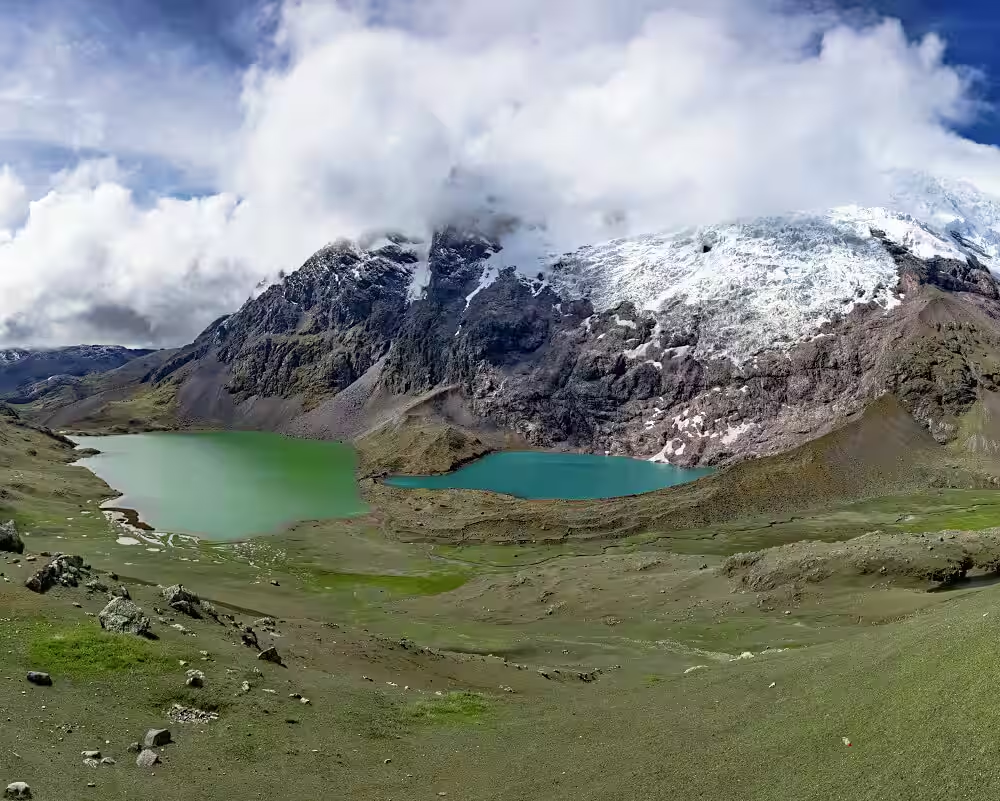
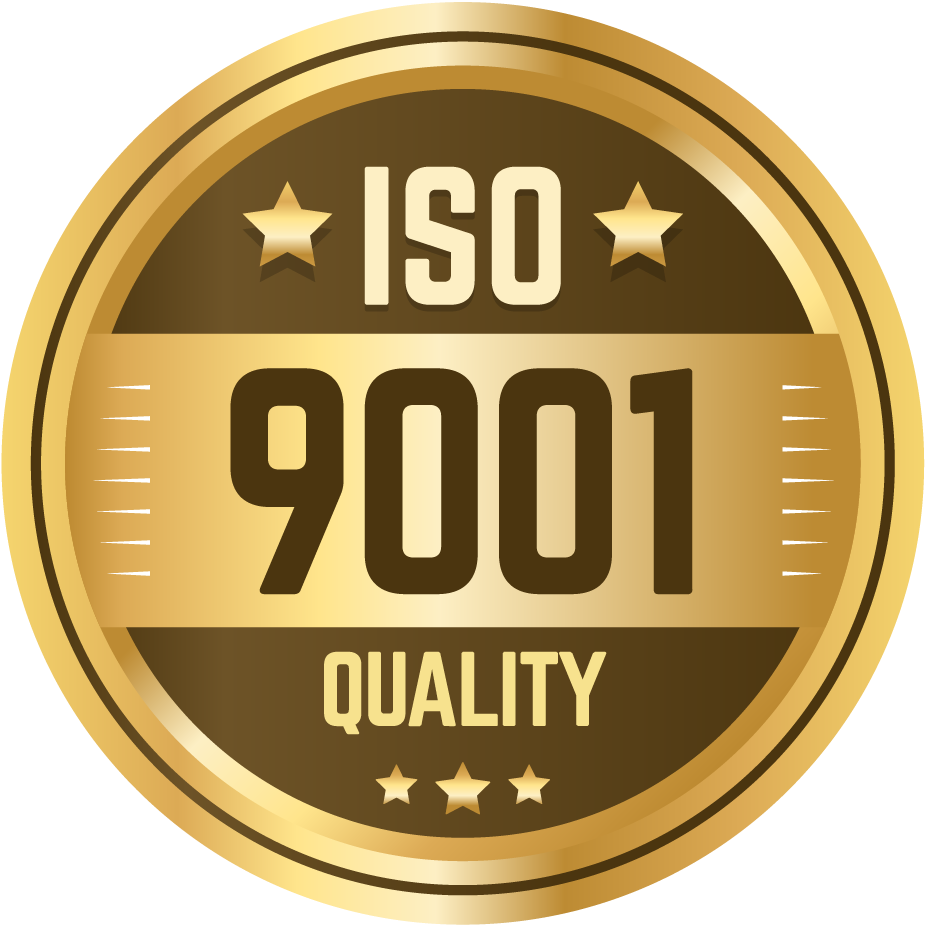
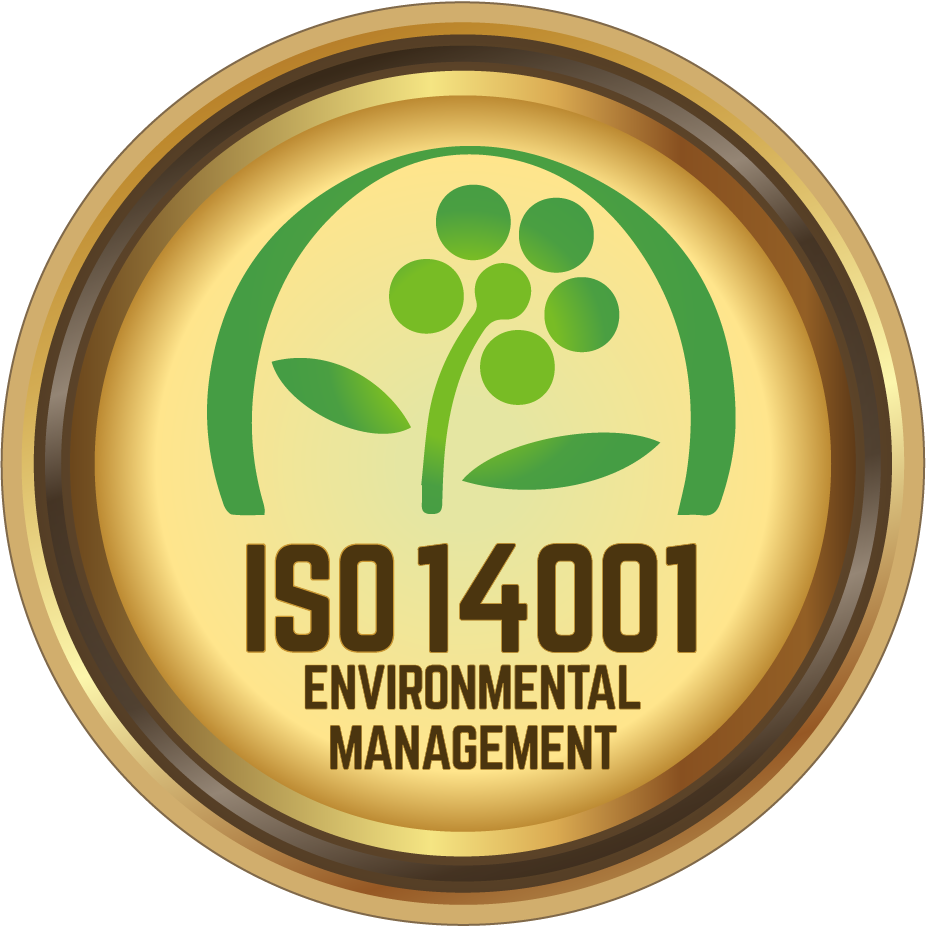
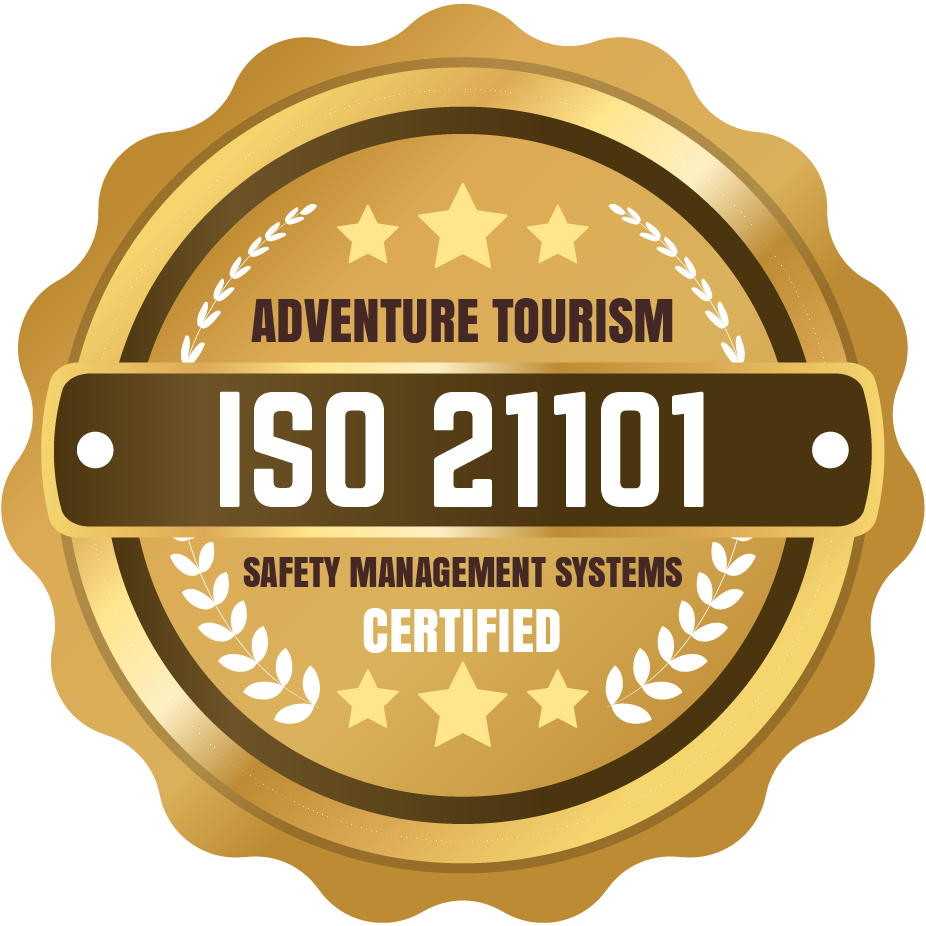
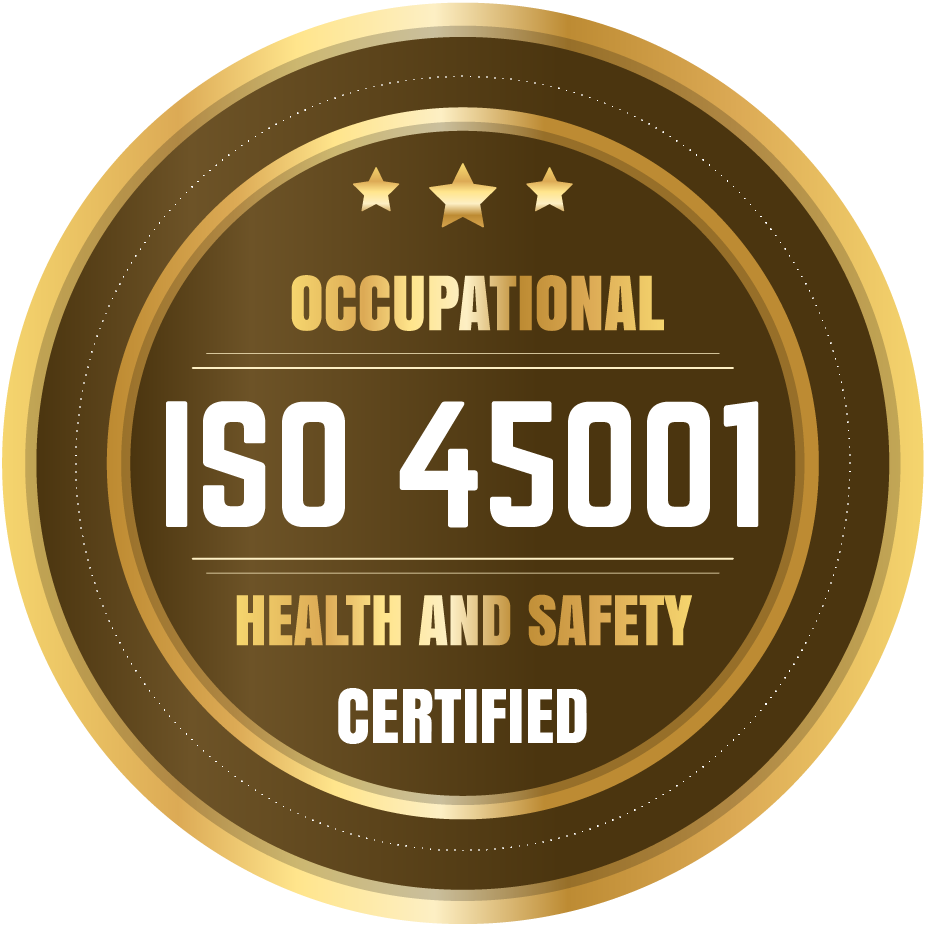
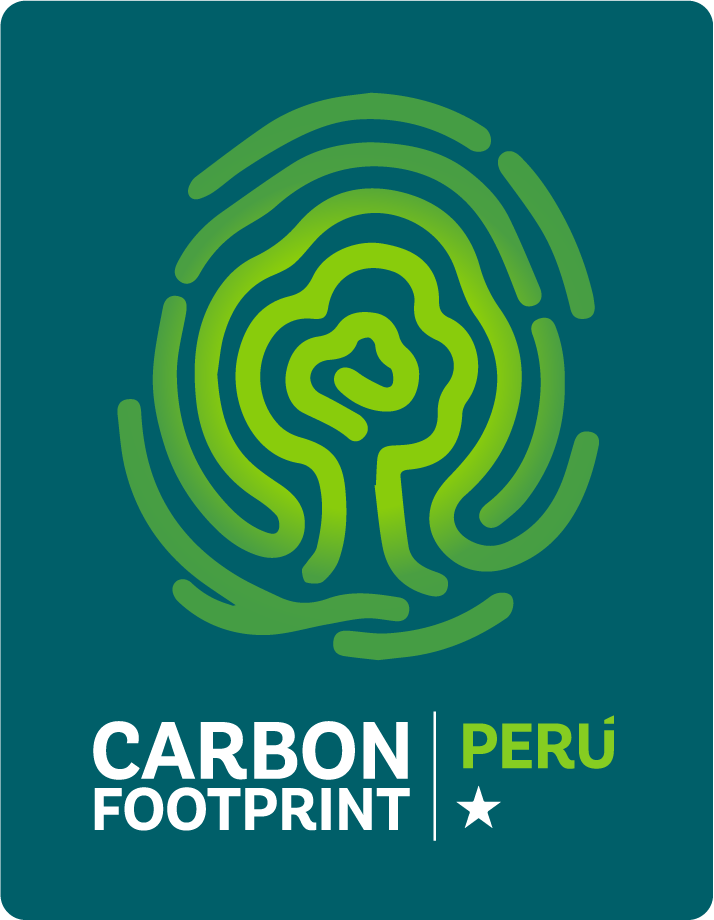
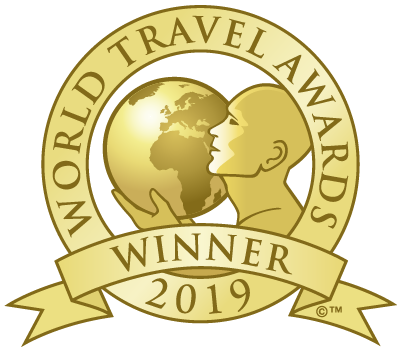

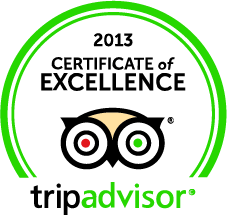
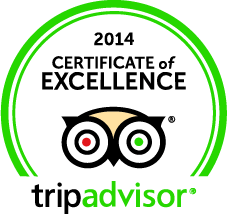
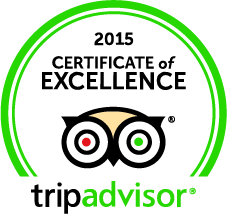
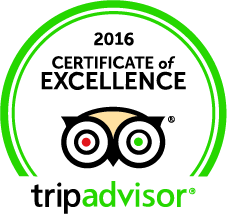

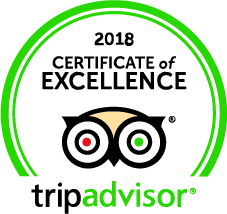
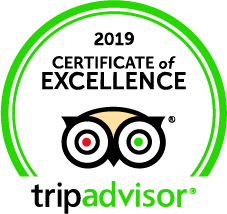

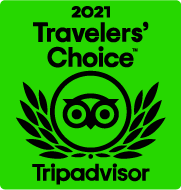
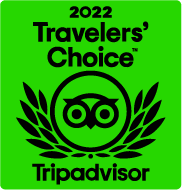
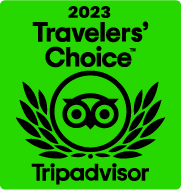
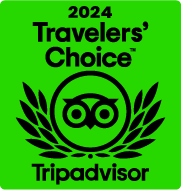












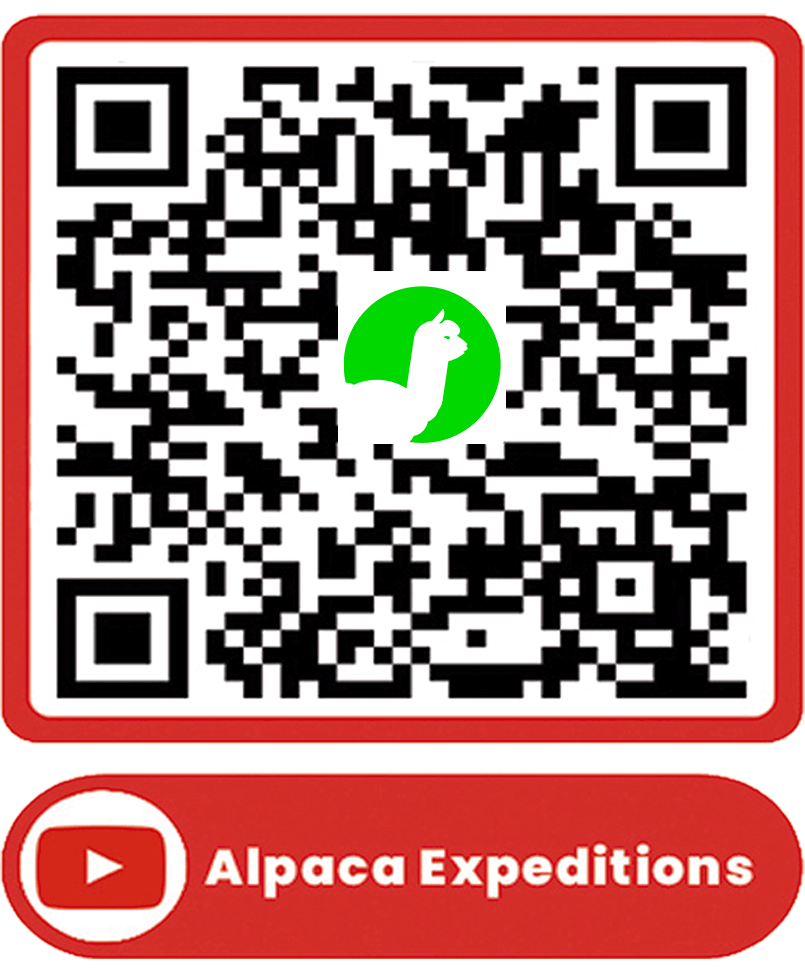

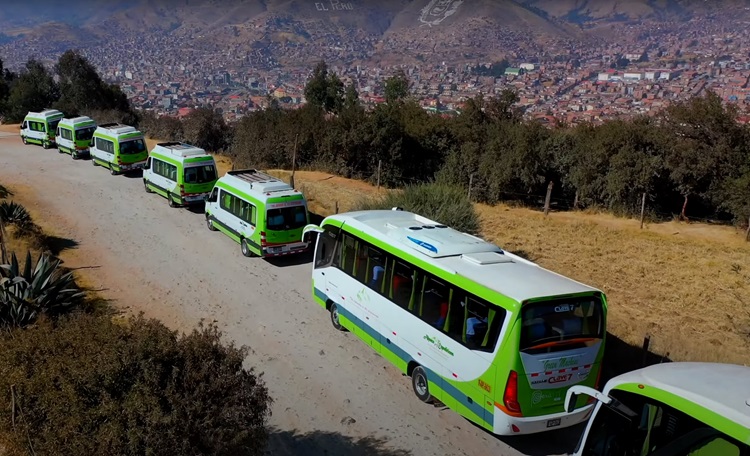
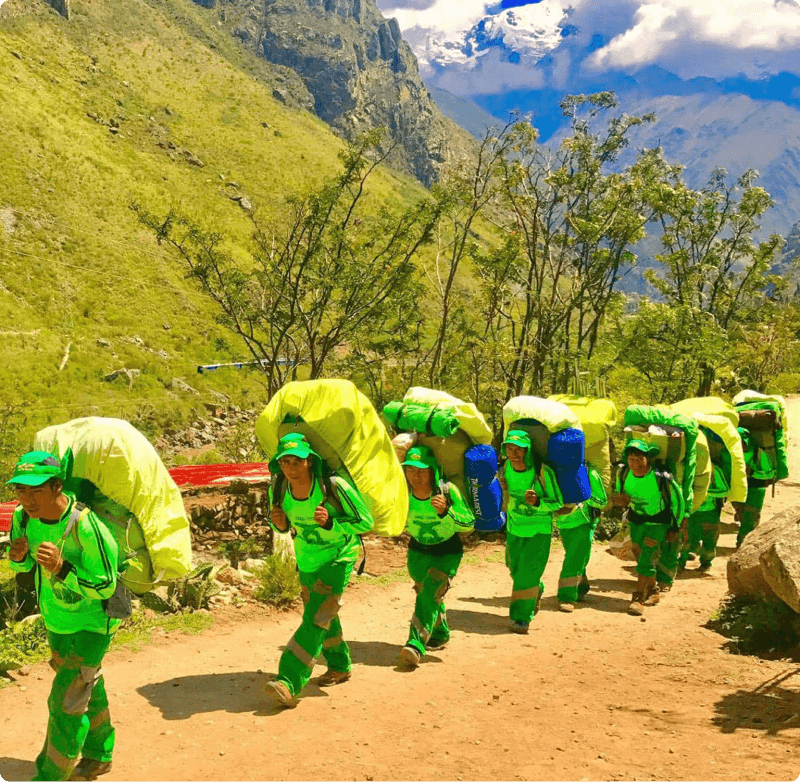 Porters will carry up to 7 kg of your personal items, which must include your sleeping bag and air mat (if you bring or rent one). From us, these two items weigh a combined total of 3.5 kg.
Porters will carry up to 7 kg of your personal items, which must include your sleeping bag and air mat (if you bring or rent one). From us, these two items weigh a combined total of 3.5 kg.